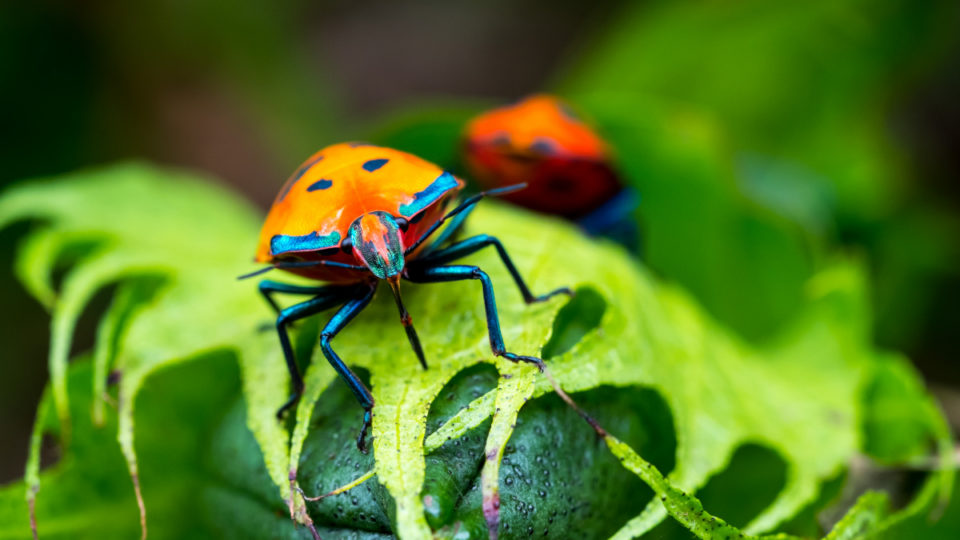London: Factors such as climate change, habitat loss, overexploitation and extinction of dependent species and pollution, including harmful agricultural practices, all variably contribute to insect extinctions happening every day, scientists have warned.
“With species loss, we lose not only another piece of the complex puzzle that is our living world, but also biomass, essential for example to feed other animals in the living chain, unique genes and substances that might one day contribute to cure diseases, and ecosystem functions on which humanity depends,” said Pedro Cardoso from the Finnish Museum of Natural History Luomus, University of Helsinki, Finland.
The ecosystem functions he mentions include pollination, as most crops depend on insects to survive. Additionally, decomposition, as they contribute to nutrient cycling, as well as many other functions for which we have no technological or other replacement.
Two scientific papers by 30 experts from around the world discussed both the perils and ways to avoid further extinctions, intending to contribute towards a necessary change of attitude for humanity’s own sake. The papers were published in the journal Biological Conservation.
The researchers also suggested possible practical solutions based on existing evidence gathered from around the world, which would help to avoid further insect population loss and species extinctions.
These include actions such as setting aside high-quality and manageable portions of land for conservation, transforming global agricultural practices to promote species co-existence, and mitigating climate change.
Above all, communicating and engaging with civil society and policy makers is essential for the future and mutual well-being both of people and insects.
“While small groups of people can impact insect conservation locally, collective consciousness and a globally coordinated effort for species inventorying, monitoring and conservation is required for large-scale recovery” said Michael Samways, Professor at Stellenbosch University, South Africa.

